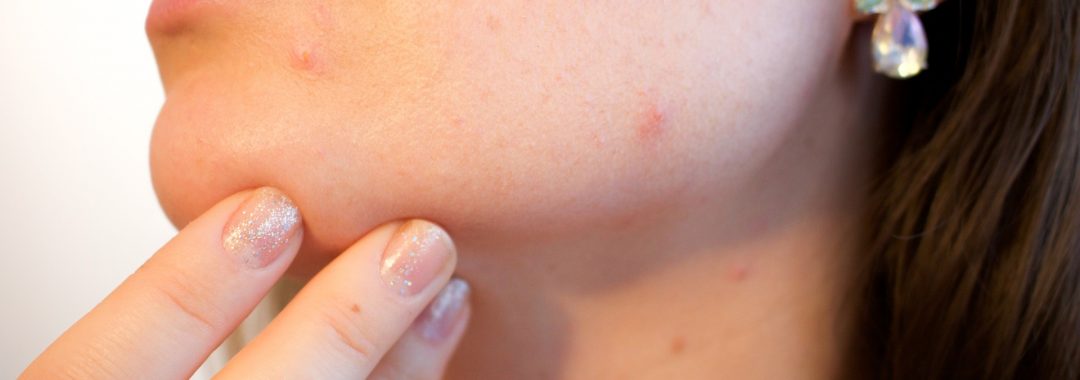Researchers in the United Arab Emirates (UEA) have found that women who have Polycystic Ovaries Syndrome have an increased risk of uterine cancer, reducing their chances of fertility.
The researchers have also found that women, who are overweight, or obese, are also at increased risk of uterine cancer. Being overweight and obese also increases a woman’s chances of PCOS too, but not all women with PCOS are overweight.
A study published in the Journal of the National Cancer Institute last year has shown that endometrial cancer diagnoses have increased in 26 of 43 countries, mainly due to increasing obesity cases which themselves have tripled in the last 40 years, according to World Health Organisation.
The experts believe that obese women are 10 times more likely to suffer from uterine cancer. Being overweight, or obese also puts women at risk of other diseases such as heart disease and diabetes. Obesity and being overweight also puts women at risk of other cancers too.
There are other factors involves such as an imbalance in the hormones with over-exposure to estrogens can lead to endometrial cancer. This could be due to endogenous causes such as Polycystic Ovaries Syndrome, or exogenous causes such as unopposed estrogens in menopausal hormone therapy if progesterone is not prescribed.
Some women may have genetic family syndromes that is predispose to uterine cancer along with breast, ovarian and other cancers. The causes of uterine cancer may be multifactorial, but this new research does help with screening of women who are suffering from PCOS, or who maybe overweight, or obese.
The researchers did find that regular exercise and healthy lifestyle choices can serve as a protection against uterine cancer, but can also help with PCOS and obesity.
The researchers did warn that women in reproductive years should not take symptoms of endometrial cancer lightly, since early diagnosis and treatment is an essential key to fertility preservation.
Once a condition that only affected women of advanced years, increasing clinical evidence now suggests that even women below 40 years of age can be diagnosed with uterine cancer.
The cancer cases are on the rise due to higher incidence of known co-morbidities such as obesity, diabetes mellitus and hypertension.
Symptoms of the endometrial cancer include:
- vaginal bleeding between periods
- bleeding after menopause
- an abnormal, watery or blood-tinged discharge from vagina
- constant back and pelvic pain
- unintended weight loss
- fatigue and nausea
Early screening is essential and women can safely consider fertility preservation provided that the cancer is diagnosed in early stages.
Fact around uterine cancer
- Early diagnosis of uterine cancer can save women from fertility loss
- World over, an increasing number of women in reproductive years falling prey to the disease
- Obese women are 10 times more likely to suffer from endometrial/uterine cancer, other causes include hypertension and diabetes
- PCOS may now be a risk factor for uterine cancer
Women who have PCOS, or who are overweight, should be seeking help with dietary and lifestyle management to help prevent them from other risk factors such as certain cancers. According to the world health organisation, the number one treatment for PCOS is changing to a low GI diet and doing regular exercise.
One of the major causes of PCOS is insulin resistance and this is a big factor in many who are overweight, or obese, or have type 2 diabetes. All of these issues can be controlled with the right management. I do need to state that women of all body types do have PCOS and insulin resistance can be seen in all body types too.
If you do need help with PCOS, I do have a special interest in this disease state and may be able to assist you. To find out more, please call my friendly clinic staff. They will be able to explain everything to you and book you in for a consultation.
Regards
Andrew Orr
-No Stone Left Unturned
-Women’s and Men’s Health Advocate
-The PCOS Experts



